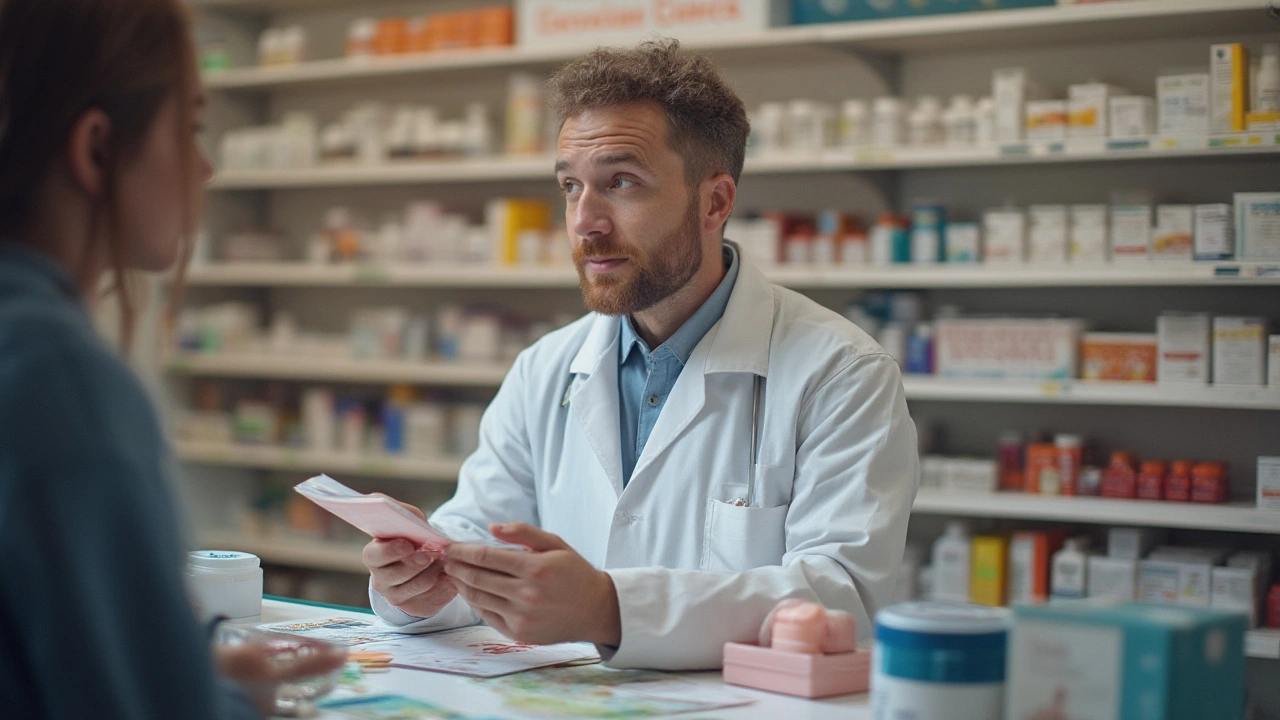Schistosomiasis: what it is and why it matters
Schistosomiasis (also called bilharzia or snail fever) is a parasitic infection that affects millions in parts of Africa, Asia, South America, and the Middle East. It starts when tiny parasite larvae in contaminated freshwater penetrate your skin. Left untreated, it can cause long-term damage to the liver, bladder, intestines, or lungs. If you travel or live in areas with poor sanitation and freshwater snails, knowing the basics can protect you.
How you get it and common signs
The parasites that cause schistosomiasis live in freshwater snails. People get infected by swimming, wading, or washing in water that contains the larval form. You won’t feel the parasite entering your skin, but a small itchy rash may appear within days. Early symptoms are often flu-like: fever, chills, cough, and muscle aches. Weeks or months later, you may notice abdominal pain, diarrhea, blood in stool or urine, and fatigue. Repeated or chronic infection can cause swollen liver or spleen, urinary blockage, or blood in the urine and even increase risk of bladder cancer in some regions.
Diagnosis, treatment, and simple prevention
If you suspect schistosomiasis, see a healthcare provider. Doctors diagnose it with a combination of tests: looking for parasite eggs in stool or urine, blood tests for antibodies or antigens, and sometimes ultrasound to check organ damage. Early diagnosis makes treatment easier.
Treatment is straightforward in most cases. A drug called praziquantel is the standard medicine and usually cures the infection with a single or short course of pills. Your provider will advise dose and follow-up testing to confirm the parasite is gone. If the infection caused organ damage, you may need extra care to manage complications.
Prevention focuses on cutting exposure and improving sanitation. Avoid swimming or wading in freshwater in known endemic areas. Use bottled or properly treated water for washing if you’re at risk. Simple protective steps like drying off quickly after contact with freshwater and wearing waterproof footwear can help. Community measures—clean water supplies, proper toilets, and snail control—reduce cases at scale.
Travel tip: If you plan to visit rural freshwater sites in endemic countries, check current travel health advice and ask a clinic about schistosomiasis risk. If you had freshwater contact, tell your doctor—sometimes blood or urine tests are recommended even if you feel fine.
Schistosomiasis is treatable and largely preventable. Know the risks, watch for symptoms after freshwater exposure, and seek medical care early. Small precautions can stop a lifetime of complications.
Biltricide: Uses, Side Effects, Dosage, and What to Know Before Taking Praziquantel
Get to know Biltricide—its uses, how it works for tapeworms and schistosomiasis, side effects, safety tips, dosage, and real-life advice for patients.

